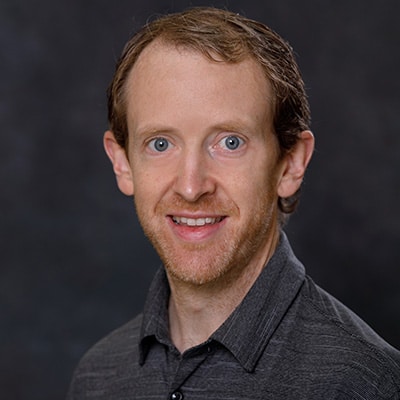
Golf season is almost here! With every random 70-degree day, the itch for golfers in this part of the country gets a little stronger. Soon the grass will be growing, and golf courses all over the region will be filled with players who are optimistic to see their golfing dreams coming true. The memories of last year’s struggles have faded, and there is renewed optimism about how well they will play this year. Most golfers will start the year believing that this will be their best year yet – the year they break that magic number. Whether it is the first time breaking 100 or the first-time shooting par, there is an excitement that comes with a new season of golf.
With this excitement usually comes the golfer’s version of a New Year’s resolution: a commitment to fitness, golf lessons, regular practice and a thoughtful plan for improvement. All these elements are terrific, and – like New Year’s resolutions – the quality of the plan and the determination of the individual to follow through is critical. For swing instructions and assessment to determine the need for a tune-up, see your local PGA professional. For fitness and physical limitations, consider seeing your local rehab and performance specialists at UofL Health – Frazier Rehabilitation Institute’s Sports Medicine locations.
For a long time, the fitness community has advocated for the value of stretching before activity. The classic gold standard has been static stretching. Current research is calling this into question as we have better methods of research and better metrics to evaluate the outcome. Multiple studies have demonstrated negative performance outcomes following static stretching. There is an alteration in the muscle with a reduction of strength and decreased nervous system response – poor control, poor reflexes and decreased balance. In golf, this has been shown to have a negative effect on clubhead speed, driver distance, driver accuracy and consistency in ball contact. Unfortunately, many golf publications use fitness advice from people who are not staying current in research and continue to use the classic static stretching advice. For well-intentioned golfers who are working hard to improve their game, by following this advice, they will be unwittingly sabotaging themselves.
Consider dynamic stretching, which is best defined as controlled movements in a rhythmic manner through the motion of the joint with only a brief pause at the end of the stretch. This helps to get the muscles ready for activity by stimulating the nervous system to increase activity. The dynamic stretching method contrasts with static stretching, which inhibits the nervous system. Dynamic stretching also brings more blood flow and increases the temperature of the muscle, which helps it to function more efficiently.
At UofL Health there is a new program designed just for golfers who are serious about their game. The new Golf Performance Program is a blend of the Titleist Performance Institute (TPI), the Gary Gray Institute and more than 15 years of combined experience in movement analysis by a team of licensed physical therapists and a certified athletic trainer. Consider an evaluation from our team to get your year started. Your movements will be evaluated, and a specific program will be designed for you to help address the physical weakness or restrictions that have been impacting your game. You can undoubtedly make this your best year yet!
Call our UofL Health – Frazier Rehabilitation Institute – Sports Medicine locations at 502-426-3353 and ask about our Golf Performance Program.









